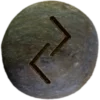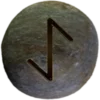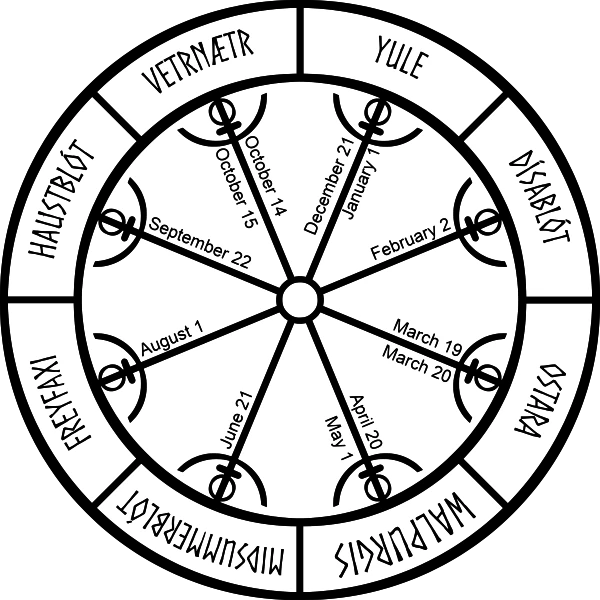Last Updated on February 19, 2025
Table of Contents


Wyrd (pronounced “weird”) represents the concept of fate or destiny. It governs the unseen forces that shape the lives of gods and mortals alike. Unlike a rigid fate, it encompasses a fluid and ever-changing set of circumstances influenced by both past actions and present decisions. The term has roots in Old English and Old Norse, with close ties to the word “weorþan,” meaning “to become” or “to happen.”
Wyrd is not controlled by any one individual or god but instead acts as a cosmic force guiding the events of the world. The Norns, three powerful beings—Urðr (What Was), Verðandi (What Is), and Skuld (What Will Be)—weave the threads for each person, connecting all life. This weaving imagery emphasizes the interconnectedness of fate, showing that past actions influence future outcomes in a web-like manner. Each life intertwines with others, and the decisions of one can ripple outward, impacting many.
In the grand scheme of things, even the gods are subject to Wyrd. Odin himself seeks wisdom about it, understanding that it plays a critical role in the unfolding events of Ragnarök, the cataclysmic battle that signals the end of the current world cycle. While not entirely unchangeable, it limits the freedom of even the mightiest beings. In this sense, it represents the inevitability of certain outcomes but also allows room for personal action to shape parts of one’s path.
Wyrd’s emphasis on consequence, destiny, and the interconnected nature of all beings forms a key component of the worldview of those who believed in it.
Runes Associated with Wyrd
The Elder Futhark rune Jēra, symbolizing the cycle of the seasons and time’s eternal flow, closely relates to Wyrd. Jēra emphasizes the passage of time and the eventual ripening of fate, much like how Wyrd unfolds. Another associated rune is Eihwaz, which represents endurance and connection to the unseen forces that shape reality. Both runes align with the deeper understanding of it as a force that controls time and action. ![]()
Its Importance to Asatru
In Asatru, Wyrd holds a central place as a guiding principle in life. It teaches that actions have far-reaching consequences, creating the threads of fate for individuals and communities. Wyrd encourages followers to live mindfully, knowing that their choices today will shape tomorrow’s reality. This belief empowers individuals to take responsibility for their actions while acknowledging that some forces lie beyond their control. By honoring Wyrd, Asatru practitioners embrace both personal agency and the larger, intertwined fabric of fate.


